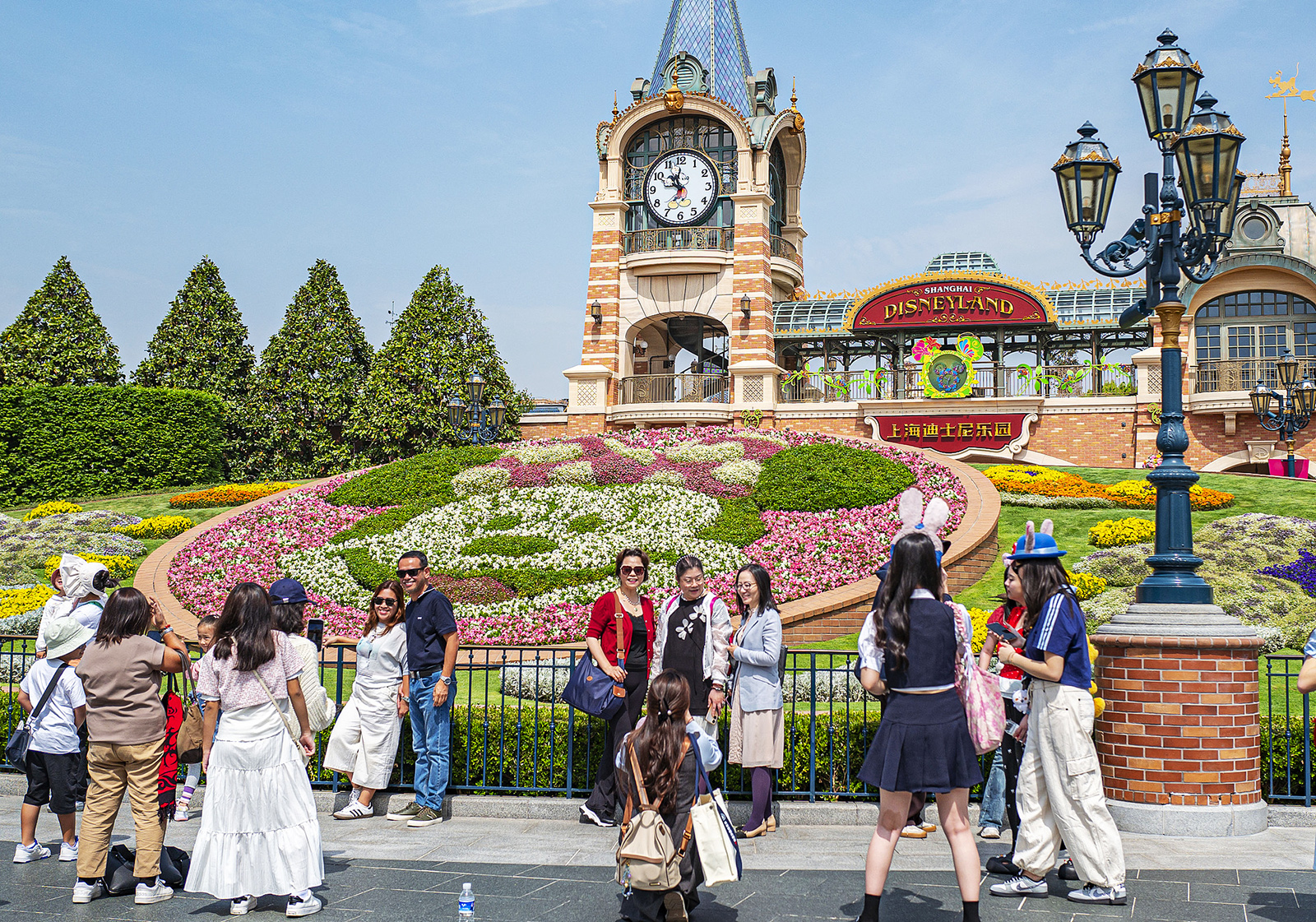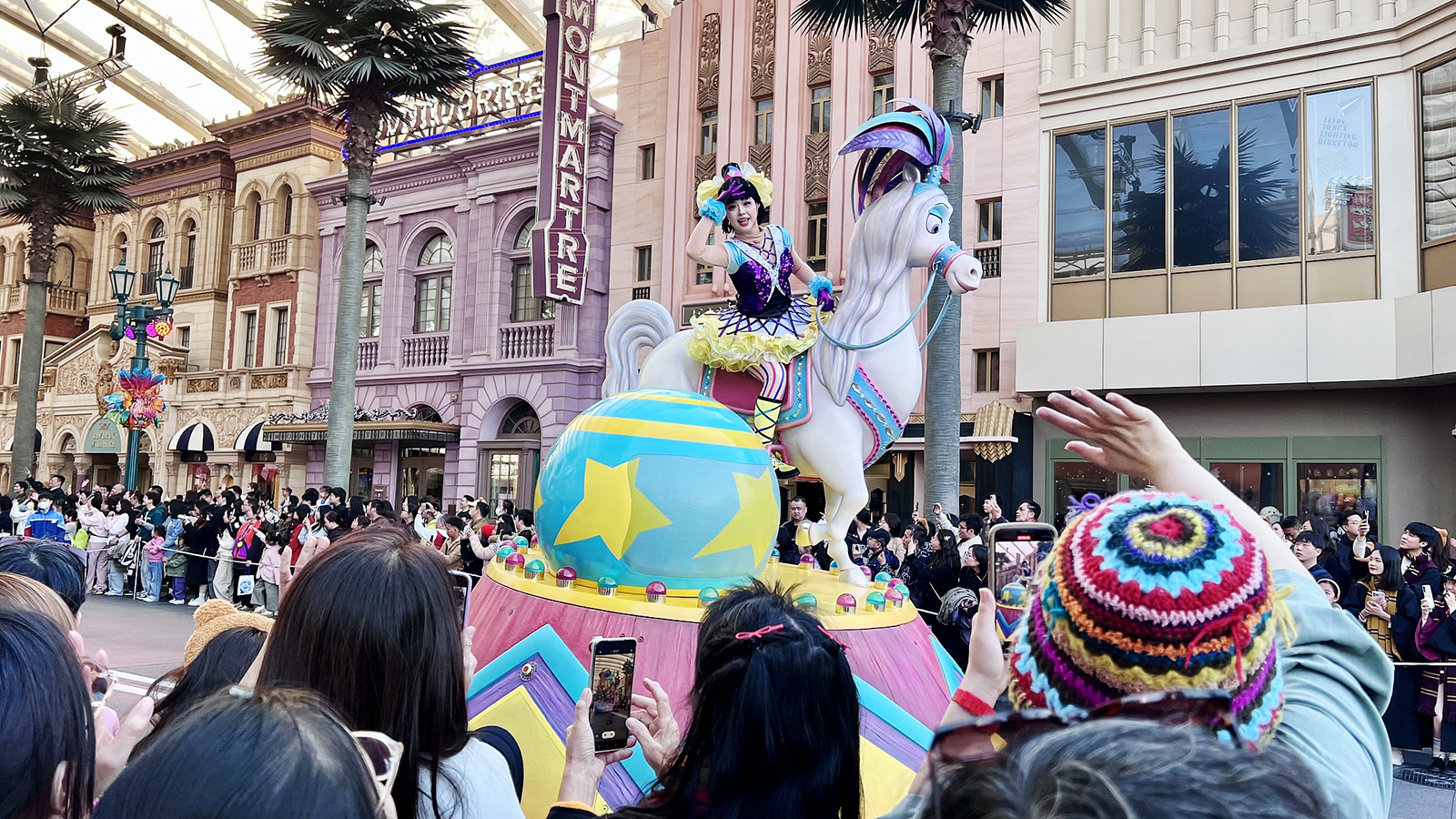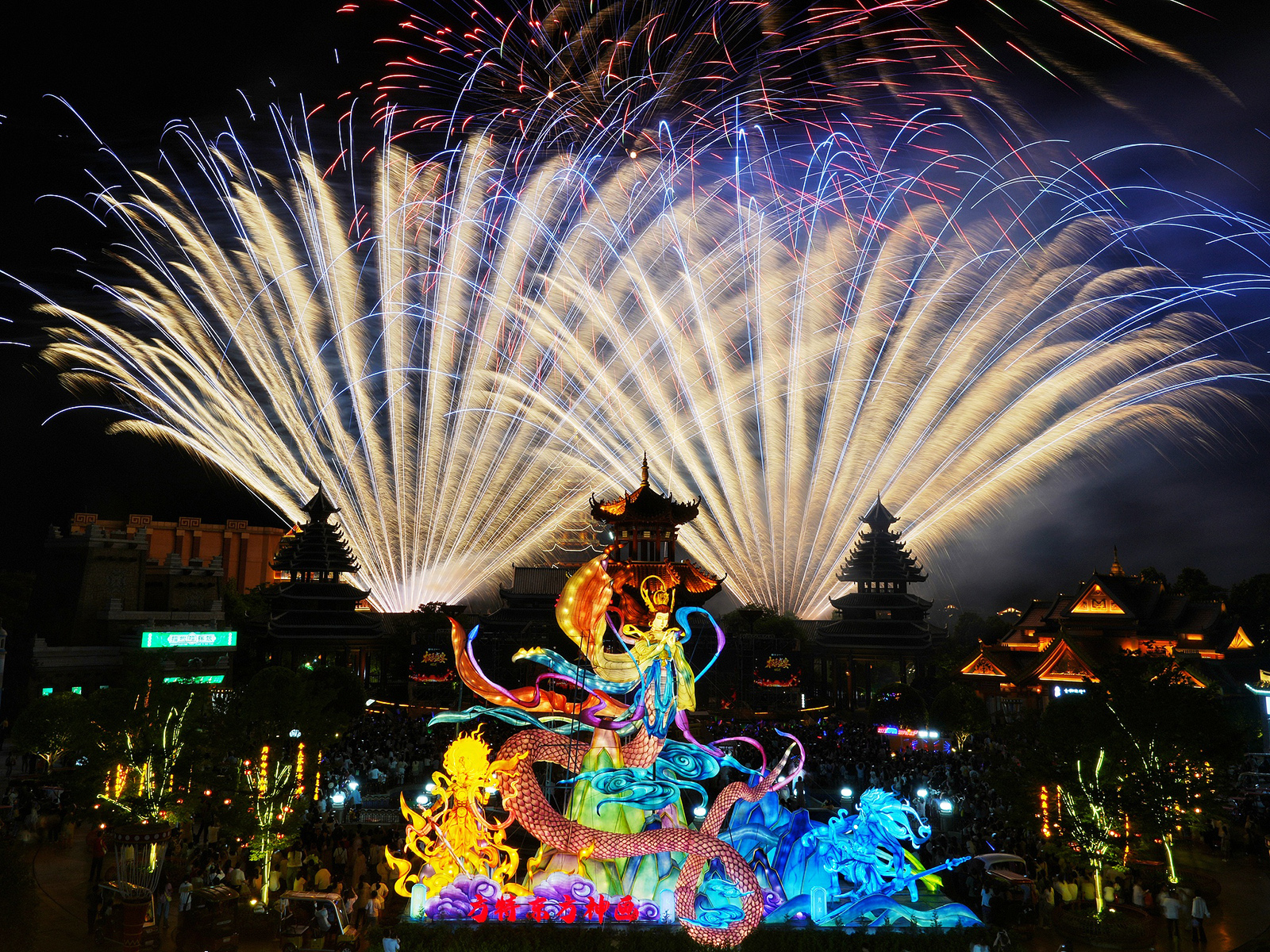China's Theme Park 'Happiness Business' Poised for Rapid Growth in 2024
China's theme park industry enters a golden era amid surging domestic demand and increased international investment.

China's theme park industry is experiencing an unprecedented surge, powered by an insatiable appetite for immersive entertainment and ambitious investments from both domestic and global players. From mega-brand resorts to innovative homegrown parks, the nation's "happiness business" is proving to be a magnet for families and thrill-seekers alike.
The remarkable momentum was highlighted just days before the highly anticipated Legoland Shanghai Resort's opening, when its digital mini-program was temporarily overwhelmed due to skyrocketing demand for annual passes and hotel packages. This tech hiccup served as a vivid indicator of the enormous interest in theme park experiences among Chinese consumers.

In economic terms, China's amusement park sector generated nearly 60 billion yuan in revenue in 2023, and analysts project this figure will nearly double to over 110 billion yuan by 2028. This ambitious trajectory underscores China's emergence as a key battleground for international entertainment brands, eager to capture the hearts—and wallets—of millions of visitors each year.

Major international players are aggressively expanding their Chinese portfolios. Shanghai Disneyland is set to introduce its first Marvel-themed attraction and a third themed hotel. Hong Kong Disneyland, meanwhile, plans to enlarge its Marvel universe and roll out new Pixar attractions. Universal Beijing Resort is preparing for a second phase of expansion, while Legoland Shenzhen's construction is moving at a rapid clip. Notably, the world's largest Peppa Pig outdoor park and a Harry Potter Studio Tour are both slated to open in Shanghai in 2027, further diversifying the entertainment landscape.

Chinese firms are also making their mark. Fantawild, a leading local operator, opened an impressive nine parks within just eight months last year. Pop Mart is revamping two-thirds of its City Park in Beijing and is already planning the next phase. Across the country, over 50 new theme parks are in various stages of development or set to debut soon, offering fresh attractions based on movies, gaming, winter sports, marine life, and more—including elaborate forest and water-themed environments.

Despite these strides, theme park penetration in China remains just 27 percent, a stark contrast to the 68 percent average seen in more mature markets. This gap reveals tremendous long-term growth opportunities. Industry experts forecast a robust 7.2 percent compound annual growth rate over the next five years, with local governments actively working to establish signature attractions that can bolster tourism and elevate city profiles.

The spin-off benefits extend far beyond the gates. Theme parks are stimulating local economies, creating jobs, and transforming tourism patterns. According to industry leaders, China’s welcoming environment is enabling innovative projects and “world’s-first” attractions—developments that not only draw crowds but also enhance the global competitiveness of cities like Shanghai.

As of late 2024, 385 theme parks are operating on the Chinese mainland, including 87 massive complexes that either span more than 600 mu—or about 40 hectares—or command investments upwards of 1.5 billion yuan. With new destinations breaking ground at a record pace, China appears poised to redefine the global standard for theme park innovation and excitement in the years ahead.




